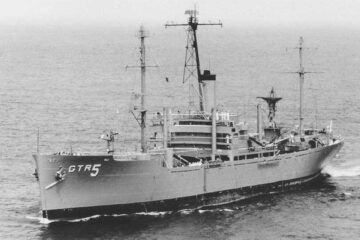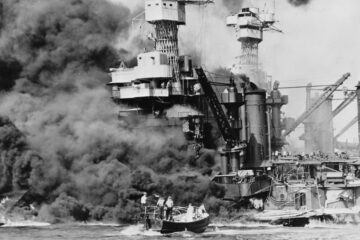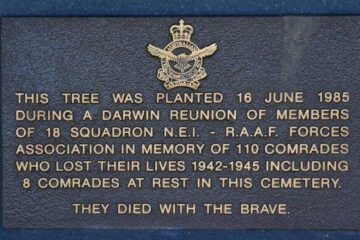General Sir John Winthrop Hackett, better known as “Shan,” was an Australian-born British soldier who played a pivotal role in one of World War II’s most ambitious military operations, Operation Market Garden. Born on November 5, 1910, in Perth, Western Australia, Hackett’s early life was steeped in both Australian and Irish heritage. His father, Sir John Winthrop Hackett, was a prominent newspaper proprietor and politician in Western Australia, and his mother, Deborah Drake-Brockman, came from an influential Western Australian family.
Although Hackett left Australia early in life to pursue his education in England, his Australian roots were foundational to his sense of duty and resilience. After attending Geelong Grammar School in Victoria, he moved to the UK to study at Oxford University, but soon found his calling in the British Army, where he began a distinguished military career.
Hackett’s most famous wartime command came during Operation Market Garden in September 1944. This ambitious but ultimately unsuccessful operation aimed to create an Allied corridor through the Netherlands by seizing key bridges, most notably at Arnhem (A Bridge too Far), using airborne forces. Hackett, who had already seen action in the North African campaign and had been wounded multiple times, was chosen to lead the 4th Parachute Brigade as part of the 1st Airborne Division.
During the Battle of Arnhem, Hackett’s brigade was involved in heavy fighting. Despite being severely outnumbered and outgunned, Hackett and his troops fought valiantly to secure the Arnhem bridge. On September 20, 1944, Hackett was gravely wounded in the stomach and captured by German forces. His life was saved by a skilled surgeon at the St. Elizabeth Hospital in Arnhem, but his recovery was still perilous.
He was hidden and nursed back to health by a Dutch family in the village of Ede. Once partially recovered, he displayed remarkable tenacity, Hackett later escaped from German captivity with the assistance of the Dutch resistance. He made his way back through the watery Biesbos area in the province of Brabant to Allied lines, marking an extraordinary end to his involvement in Operation Market Garden.
Hackett’s contribution to the operation and his leadership in the face of overwhelming odds remain a significant part of his military legacy. His personal account of the experience, I Was a Stranger, published in 1977, details his escape and the bonds he formed with the Dutch people who risked their lives to help him.
Though Operation Market Garden ultimately failed, it became a symbol of Allied bravery and sacrifice, with Hackett’s role in it reflecting his resilience and leadership. His Australian upbringing, while not always at the forefront of his life story, undoubtedly shaped the character that led him to be one of the most respected figures of his time.
Hackett passed away in 1997, but his legacy in both military history and Australian heritage endures, with his role in Operation Market Garden standing as a testament to his courage and leadership. He was made an honorary citizen of the town of Ede (where – at the Ginkelse Heide (Heath) – he and his 4th Parachute Brigade was dropped) and a street is named after him in this town.
Dutch and British Royalty were present at the commemoration of the 80th anniversary of the dropping on September 18, 2024.
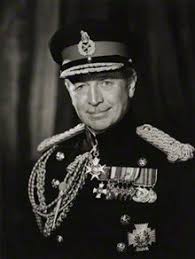
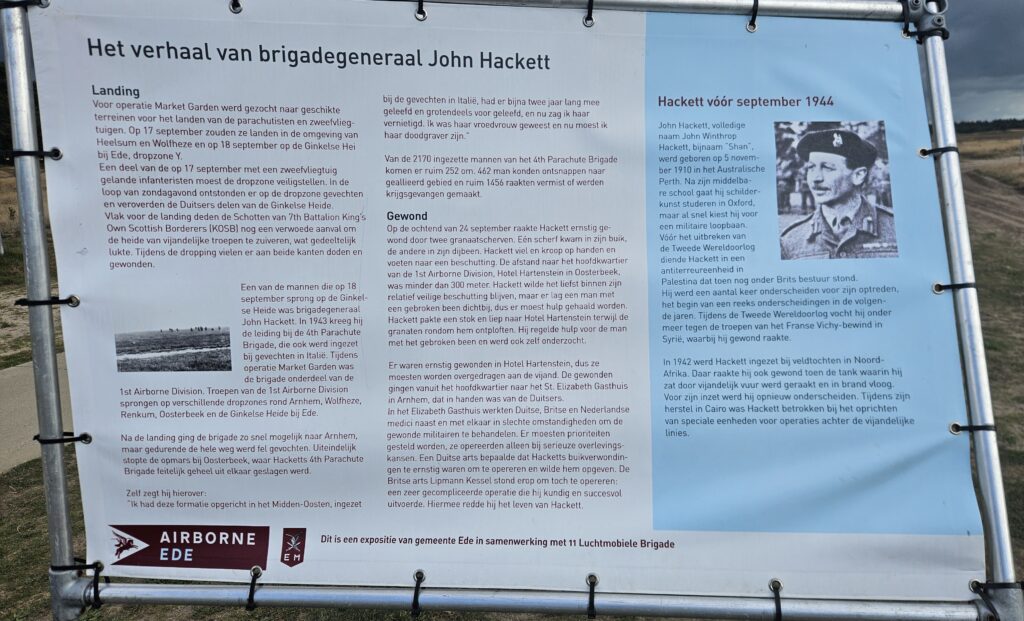
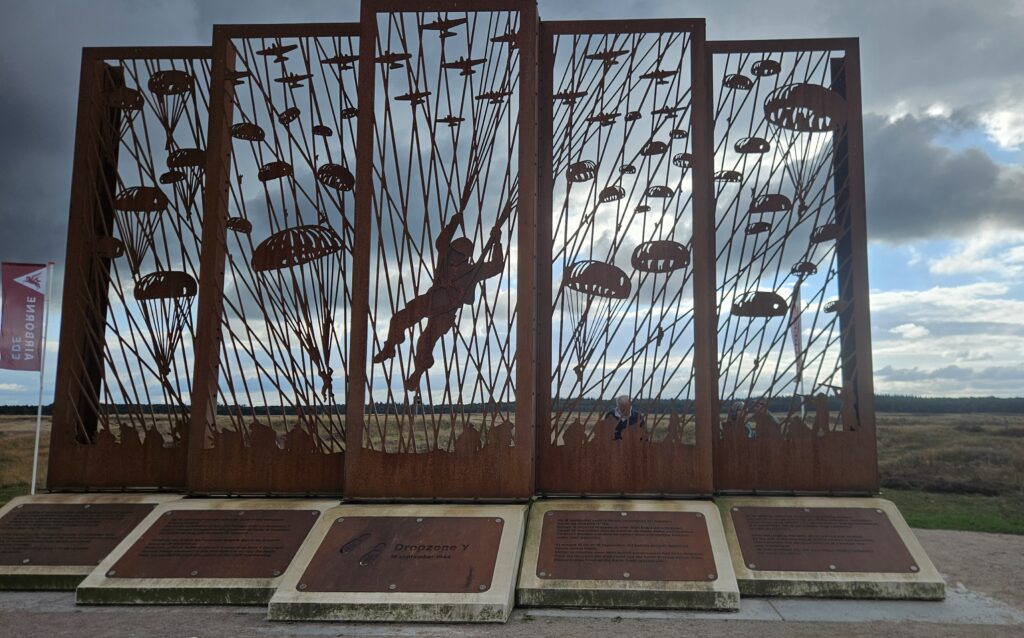
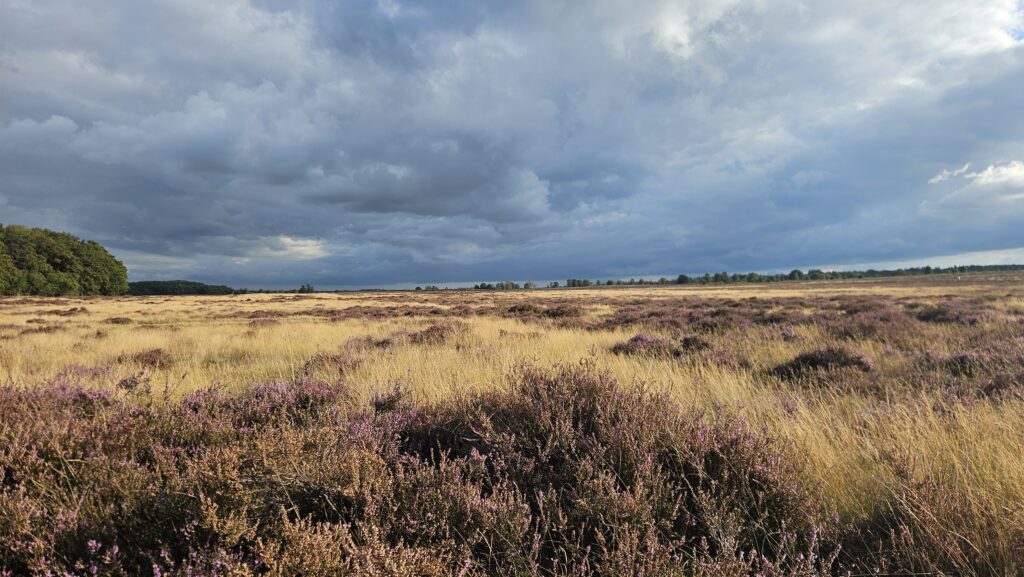
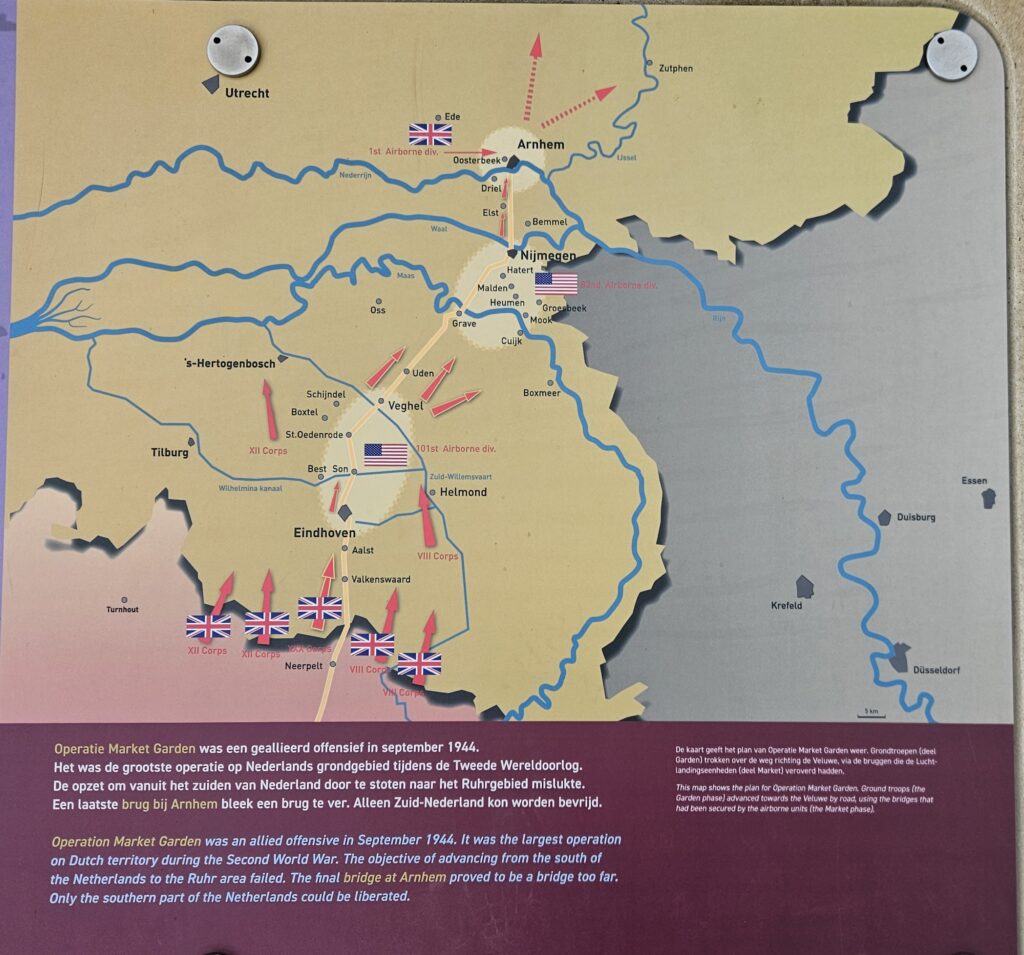
Pictures taken by Paul Budde in September 2024 at the Ginkelse Heide
